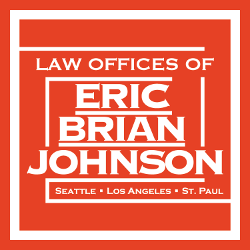Stay up to date.
Search Our Blog
Learn more about some of our case studies and gather helpful tips for legal services.
Let's get started
Ready to make your legal journey less daunting?
Let's talk about how we can support you. Reach out today — your first step towards peace of mind is just a message away.
